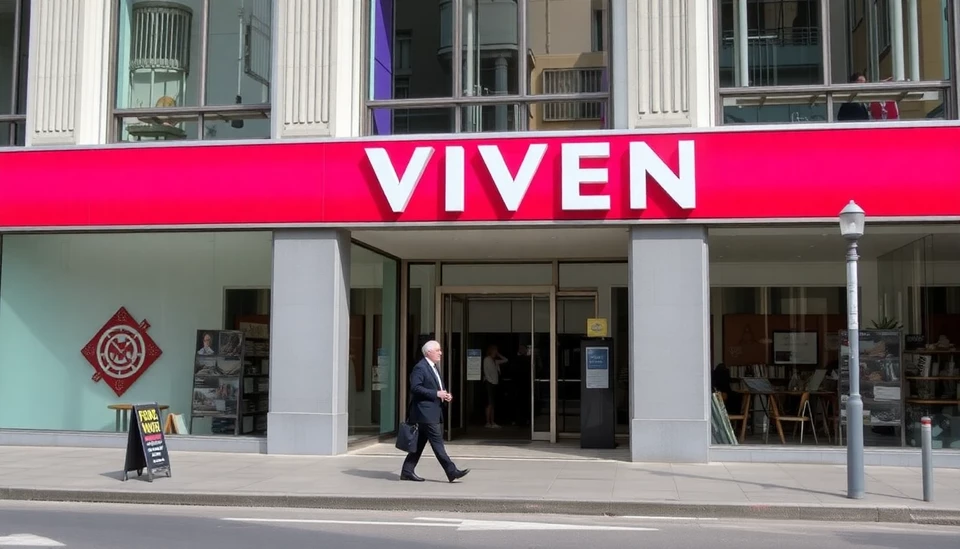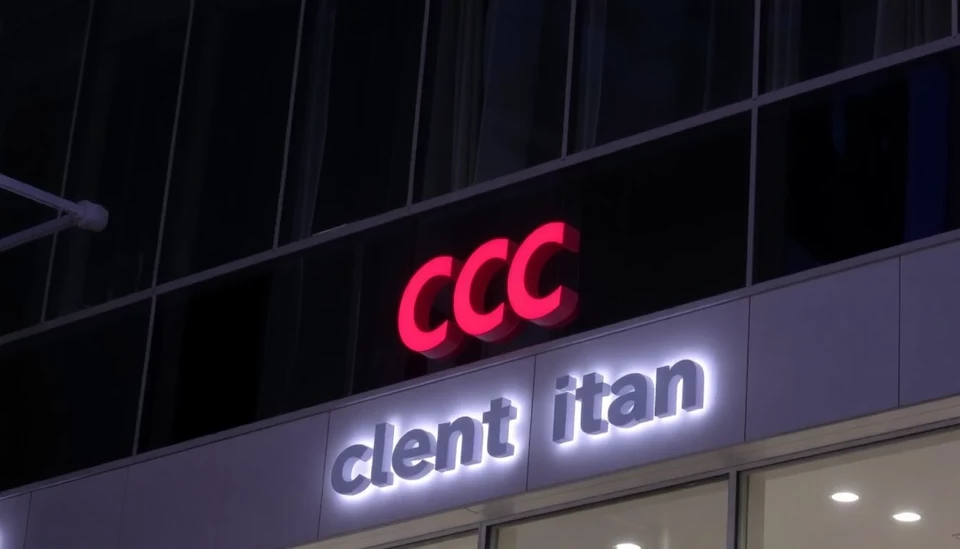
Vivendi SE, the French media and telecommunications conglomerate, has faced a significant sell-off in its stock, raising questions regarding the effectiveness of its plans to streamline operations and enhance shareholder value. Over the past few weeks, investors have expressed skepticism about the company’s proposed strategic split, which aims to divide its various businesses into more focused entities.
Recent trading sessions have seen Vivendi's shares drop dramatically, prompting analysts to delve deeper into the underlying issues plaguing the conglomerate. The sharp decline has emerged amidst an environment where market pressures and macroeconomic factors are intensifying, casting a shadow over Vivendi's future prospects. Analysts suggest that uncertainty regarding the company’s restructuring strategy may be a primary catalyst for the stock's poor performance.
The planned divestiture and spin-off of its assets have been touted by management as a means to unlock value and reduce the conglomerate discount that often plagues large companies. However, market reaction indicates that investors are not convinced of the operational benefits that the split would yield. Concerns have emerged about whether the new entities would be robust enough to sustain growth independently, especially in an increasingly competitive media landscape.
Key concerns focus on Vivendi's various segments, including its music arm, Universal Music Group, and its publishing and television divisions. Investors worry these divisions may struggle to adapt to rapid industry changes without the backing of the larger conglomerate. Moreover, the ongoing challenges posed by digital media consumption and streaming services have raised questions about long-term profitability and market adaptability.
Financial analysts have noted that while the restructure is aimed at enhancing operational efficiency, there appears to be a significant disconnect between the strategy's intended outcomes and the current market realities. Some industry experts believe that rather than realizing value through a split, Vivendi's diverse portfolio could instead lead to dilution of brand strength across its individual segments.
As the sell-off continues, company executives are under increased pressure to reassure investors and clarify the strategic vision moving forward. There are calls for a transparent communication strategy that highlights how the split will lead to improved performance metrics and better return on investment for shareholders.
While Vivendi has laid out a timeline for the planned separation, the growing market skepticism and the stock's depressing trajectory have put the strategy in a precarious position. As the company prepares to navigate these obstacles, it remains to be seen whether it can effectively manage shareholder expectations while executing a coherent restructuring agenda.
In the face of these challenges, market observers are closely tracking Vivendi's next moves, as they could significantly influence both the company’s stock price and its long-term market relevance. Investors will be keenly looking for updates from the management team in the coming weeks, especially concerning any adjustments to the splitting timeline or strategic approach based on current market feedback.
#Vivendi #StockMarket #MediaIndustry #CorporateRestructuring #InvestorSentiment #ConglomerateDiscount
Author: John Harris
